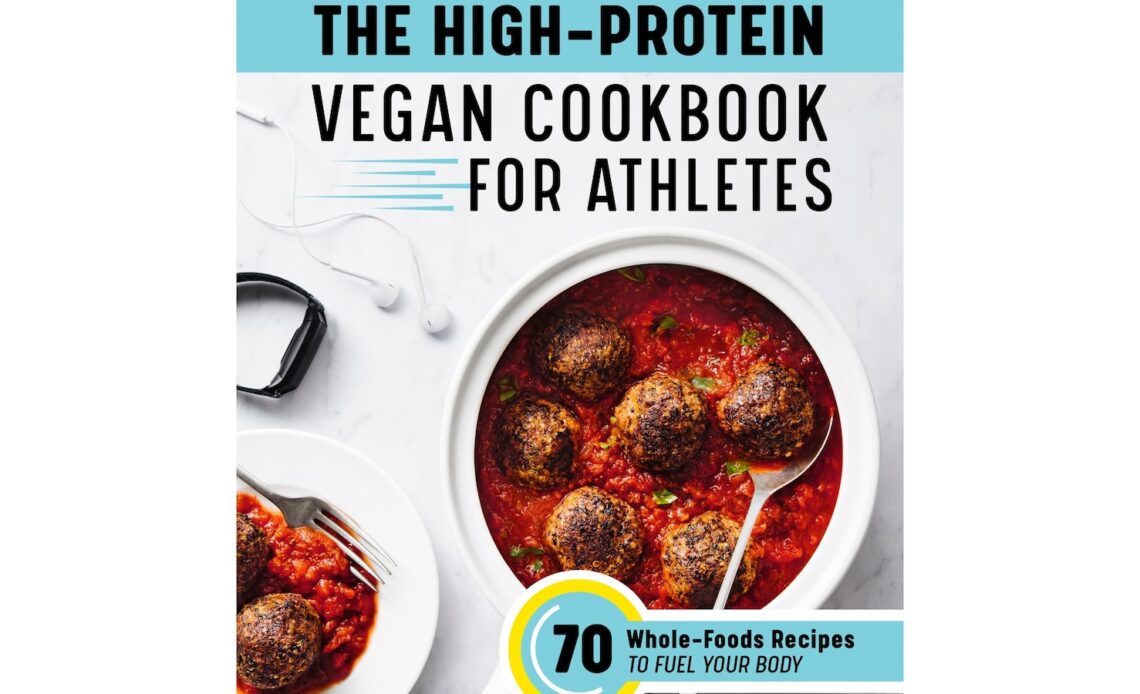When Jennifer Anastasiou decided to go vegetarian after learning about the environmental impact of livestock, she worried at first about her protein intake.
“It was kind of hard because when you eat meat your entire life, you don’t even have to think that way,” said Anastasiou, who grew up eating plenty of meat in her Irish-Catholic family in Philadelphia.
Now, she relies heavily on foods that dietitians recommend for those cutting down on meat: high-protein legumes like lentils, chickpeas and beans, vegetable-based protein shakes and other sources.
Many people consider eating less meat, be it for health, environmental or animal-welfare reasons. (Livestock accounts for nearly half of agricultural emissions fueling climate change.) But they sometimes hesitate because they are concerned about how they would replace all that lost protein.
The USDA has a calculator to determine daily nutrient recommendations, but those values represent the minimum amount you need to maintain healthy functioning, said Jenna Braddock, a dietitian in St. Augustine, Florida. She said research suggests 1.2 to 2 grams per kilogram of weight, depending on your goals.
A good way to reach your goal is what she called protein stacking: adding a small amount of nuts, whole-grain bread or legumes to meals you already are eating.
“It’s going to be hard to get all of that protein from one single plant-based source, whether because of either the quantity of food that you’d have to eat or the calories that it would end up being,” said Braddock, co-author of “The High-Protein Vegan Cookbook for Athletes.”
She recommended making a batch of lentils on the weekend — half a cup has 9 grams — to stuff into tacos, add to salads or just eat on their own. Frozen edamame are an easy go-to, and tempeh, an Indonesian fermented soy product, has 18 grams “in a pretty manageable serving size,” Braddock said.
Hemp hearts have a chewy texture, high fiber and about 3 grams of protein per tablespoon. One of her favorite snacks is yogurt with hemp hearts, fresh fruit and a drizzle of peanut butter.
Peanuts get forgotten when people talk about healthy nuts, Braddock said, but she highlights them because they’re more affordable and still have 8 grams of protein per 1/4 cup. Seeds like pumpkin, sunflower and chia also generally are cheap and high in protein. As is quinoa, which seems like a grain but is actually a seed.
For people who might not like the texture of beans or tofu, Braddock…
Click Here to Read the Full Original Article at ABC News: Health…

